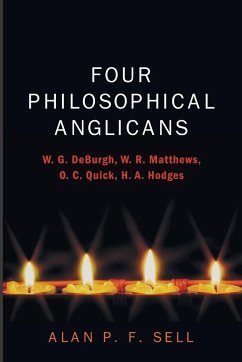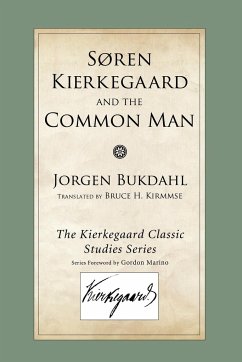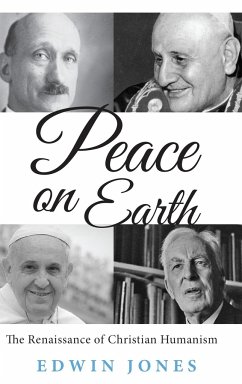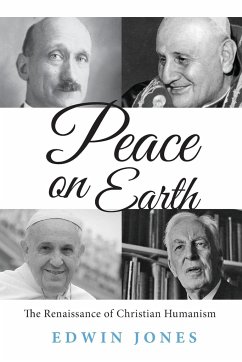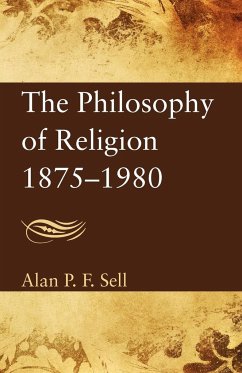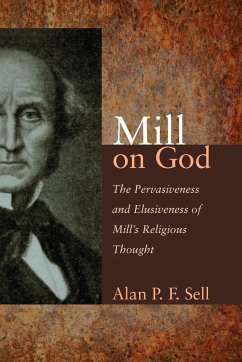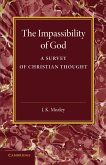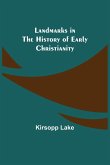Alan Sell explores the lives and ideas of four unjustly neglected Anglican philosophers: W. G. De Burgh (1866-1943); W. R. Matthews (1881-1973); 0. C. Quick (1885-1944); H. A. Hodges (1905-1976). This study fills an important gap in the history of twentieth-century philosophical and theological thought. Sell argues that these writers covered a wide range of philosophical topics in an illuminating way, and that a comparison of their respective standpoints and methods is instructive from the point of view of the viability or otherwise of Christian philosophizing. He discusses the challenges these four philosophical Anglicans issued to certain important trends in the philosophy and theology of their day, and argues that some of them are of continuing relevance.
Hinweis: Dieser Artikel kann nur an eine deutsche Lieferadresse ausgeliefert werden.
Hinweis: Dieser Artikel kann nur an eine deutsche Lieferadresse ausgeliefert werden.

